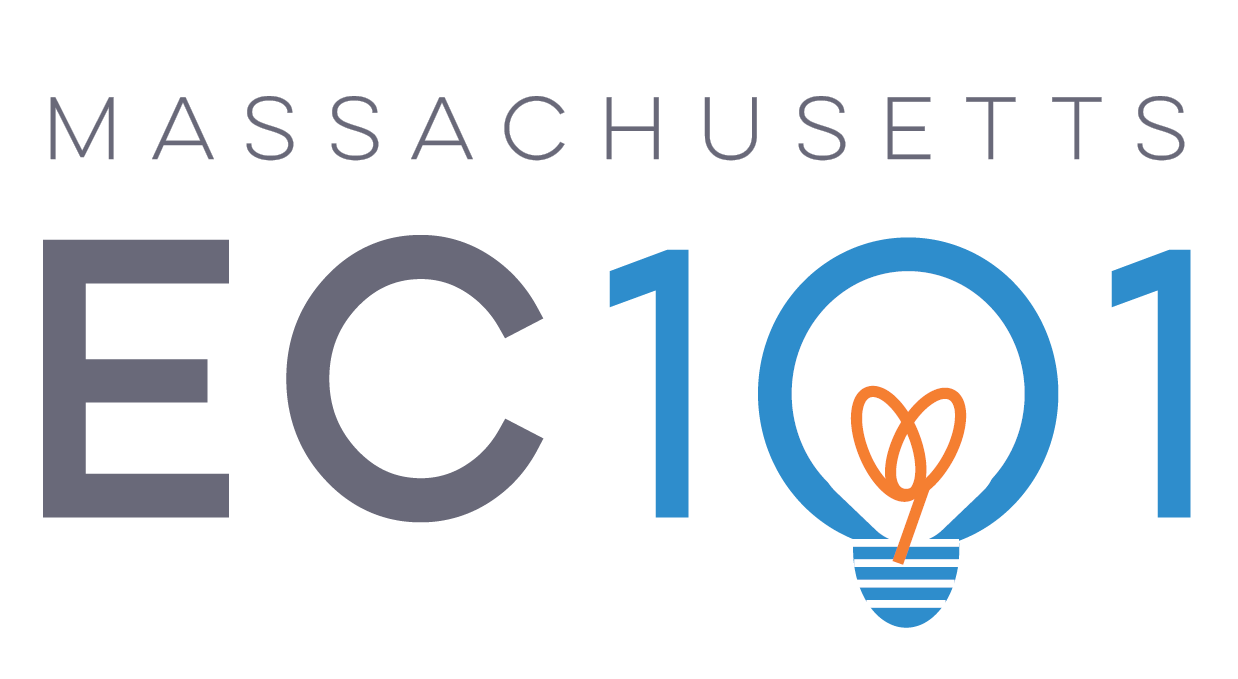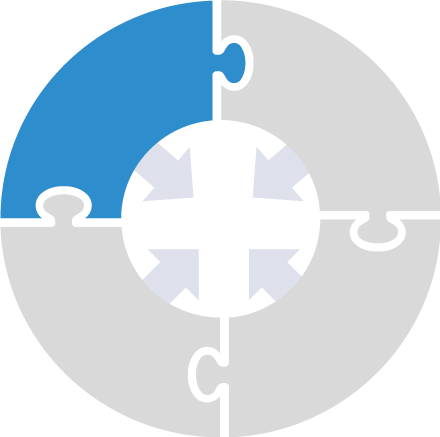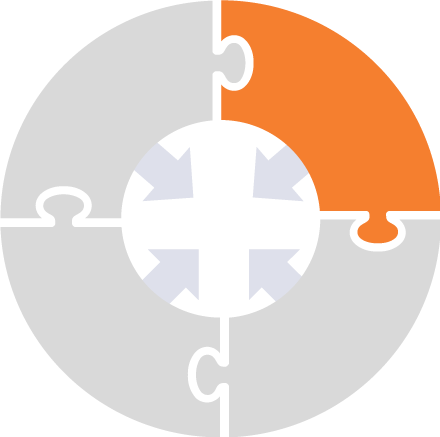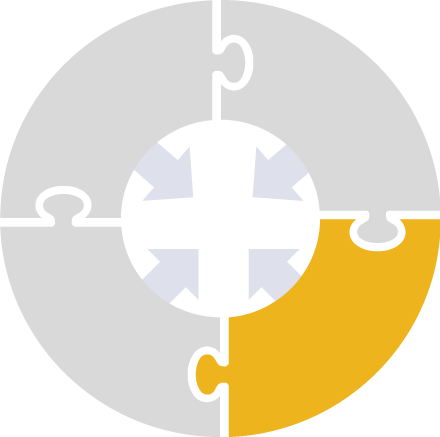Child Development
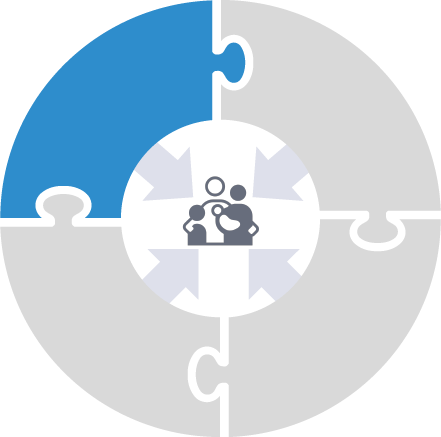
Health & Wellbeing
Services that address the development, physical health, and mental health of young children, their caregivers, and their relational wellbeing
IN THIS SECTION
Developmental Monitoring
Equity Considerations
Development is a journey. Recognizing that each child will have their own unique journey can allow the field to better support all young children through individualized and tailored supports. It is also important to view a child's development through the lens of their culture and identities, and acknowledge that structural inequities such as discrimination and implicit bias can effect child development outcomes.
Health & Wellbeing
Ages
Birth - 5 years
Usage
Geography
Statewide
Professionals
Parents/Caregivers, Early Educators, Pediatricians, Family Support Providers
Settings
Family's Home, Pediatrician Offices, Child Care Centers, Play Groups
examples
- Women, Infant & Children (WIC) uses CDC Learn the Signs/Act Early Checklist
- Coordinated Family and Community Engagement Networks
Health & Wellbeing
Ages
Birth - 5 years
Usage
Geography
Statewide
Professionals
Parents/Caregivers, Early Educators, Pediatricians, Family Support Providers
Settings
Family's Home, Pediatrician Offices, Child Care Centers, Community-based Organizations, Community Settings, Play Groups
Oversight, Guidance, OR Regulation
Department of Public Health, Department of Early Education and Care, Department of Elementary and Secondary Education,
The Children’s Trust, Private Insurance Providers, MassHealth
examples
- Ages & Stages Questionnaire: Developmental Screener (ASQ)
- Ages & Stages Questionnaire: Social-Emotional Screener (ASQ: SE)
- Parents’ Evaluation of Developmental Status with Developmental Milestones (PEDS:DM)
- The Survey of Well-being of Young Children (SWYC)
- United Way’s DRIVE Initiative
Developmental Screening
Developmental screening is used to identify and determine if there is a need for further assessment to diagnose developmental delays and other conditions that might affect a child's mental, physical, or social growth. Screening may lead to referrals to early intervention or other supports services. A screener may also flag a child to be evaluated for a diagnosis.
The American Academy of Pediatrics (AAP) recommends developmental, behavioral, and Autism screening for all children during regular well-child visits at these ages:
- 9 months
- 18 months
- 30 months
Developmental Assessments & Evaluation
After screening, if a child seems to need further assessment on how they are developing across age appropriate milestones, they may go through an evaluation process. This process is to assess how they learn and process information, identify a child's strengths, and where they might have difficulties and need extra support. An evaluation may or may not result in a disability diagnosis for the child.
For certain diagnoses such as Autism Spectrum Disorder (ASD), a developmental and behavioral pediatrician or neurologist may be needed to make the diagnosis and referrals.
Health & Wellbeing
Ages
Birth - 5 years
Usage
Geography
Statewide
Professionals
Developmental and Behavioral Pediatrician, Child Psychologist, Neurologist, Other Specialist
Settings
Specialist Offices
Oversight, Guidance, OR Regulation
Department of Public Health (0-3), Department of Elementary and Secondary Education (3-5)
examples
- Autism Spectrum Disorder Evaluation
- Developmental/Early Childhood Assessments
Health & Wellbeing
Ages
Birth - 3 years
Usage
Geography
Statewide
Professionals
Developmental Specialists, Psychiatrists, Service Coordinators, Neurologists, Occupational Therapists (OT), Physical Therapists (PT), Speech-language Pathologists (SLP), Behavior Analysis Specialists, Social Workers, Nurses (among other professionals)
Settings
Family's Home, Child Care Centers, Community Settings, Play Groups, EI Service Sites, Private Clinics, Telehealth/Virtual Visits
Oversight, Guidance, OR Regulation
Department of Public Health
program snapshot: early intervention
Equity Considerations
Families may face barriers in identifying a child’s developmental needs or delays including a lack of access to a trusted pediatrician or systemic barriers such as racism, immigration challenges, language, and poverty. Stigmas around acknowledging development delays may also deter families from seeking extra support for their child.
Early Intervention (EI)
When a young child has a developmental delay or is showing signs of a potential delay, a parent, pediatrician (or other health care provider), community member, early educator, or other caring adult may recommend Early Intervention (EI). Massachusetts EI services are publicly funded programs that provide individualized services to families with infants and toddlers to enhance development and learning through appropriate interventions embedded in a family’s daily activities.
Early Intervention provides family-centered services to children from birth until 3 years old. These services are designed to support the development of eligible children by cultivating their social-emotional skills, relationship building, learning habits, and independence. An integral part of EI services is supporting families in knowing their rights, communicating their child’s needs, and building the skills necessary to support their child’s growth and development.
Early Intervention Process
An early intervention team will look at all aspects of a child's development, as well as information about the child’s birth, medical history, and family to determine eligibility. If deemed eligible for EI services, the family works with a team of professionals to create an Individualized Family Service Plan (IFSP), a written plan that lists a child’s current level of functioning within developmental domains and maps out the services the child will receive. This process is family driven and all outcomes for a child should be set by the family with support from a team of professionals. Team members are determined based on the needs of the child and family and may include a psychiatrist, neurologist, occupational therapist (OT), physical therapist (PT), speech-language pathologist (SLP), and behavior analyst, among other professionals. No matter the team makeup, EI in Massachusetts uses a developmental specialist as the primary service provider.
Children who are enrolled in EI services and have been diagnosed with Autism Spectrum Disorder (ASD), Blindness/Vision Loss, Deaf and Hard of Hearing, or who have other complex medical needs are eligible to receive specialty services through early intervention. These services are provided by a specialist as additional support on their IFSP.
Early Intervention to Special Education Transition
Children may be eligible for Early Intervention until their third birthday. For some children, EI support helps them meet age-appropriate milestones and they don't require future services. For other children, they will require continued services as they enter their school aged years. These continued services are offered through special education at their local school district. Preparing for the transition from EI requires multiple steps, including:
- Ensure that the EI service coordinator has notified the child’s school that they are receiving services. School referrals must occur by 2.9 years and can happen earlier. A referral must be made before EI services end at 3 years old.
- Information such as the IFSP, assessments and medical evaluations should be shared by EI with the local school district or early childhood provider.
- A transition planning conference arranged by EI with parents, and EI with a representative from the local education agency.
SYSTEMS GAP: The "EI Cliff"
EI exists as one statewide system to support children and families, whereas special education services are administered by individual, local school districts. Historically, the transition of children and families from EI to a new system has resulted in children falling through the cracks due to barriers and associated challenges to receiving ongoing care and assistance Further, there are different eligibility requirements between EI and special education, as well as variability in school administration. This is commonly referred to as the "EI Cliff".

